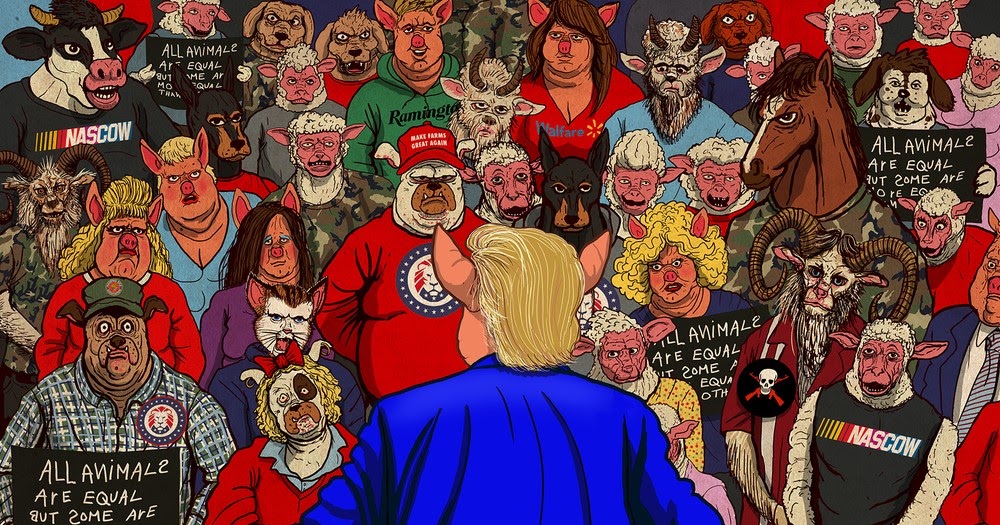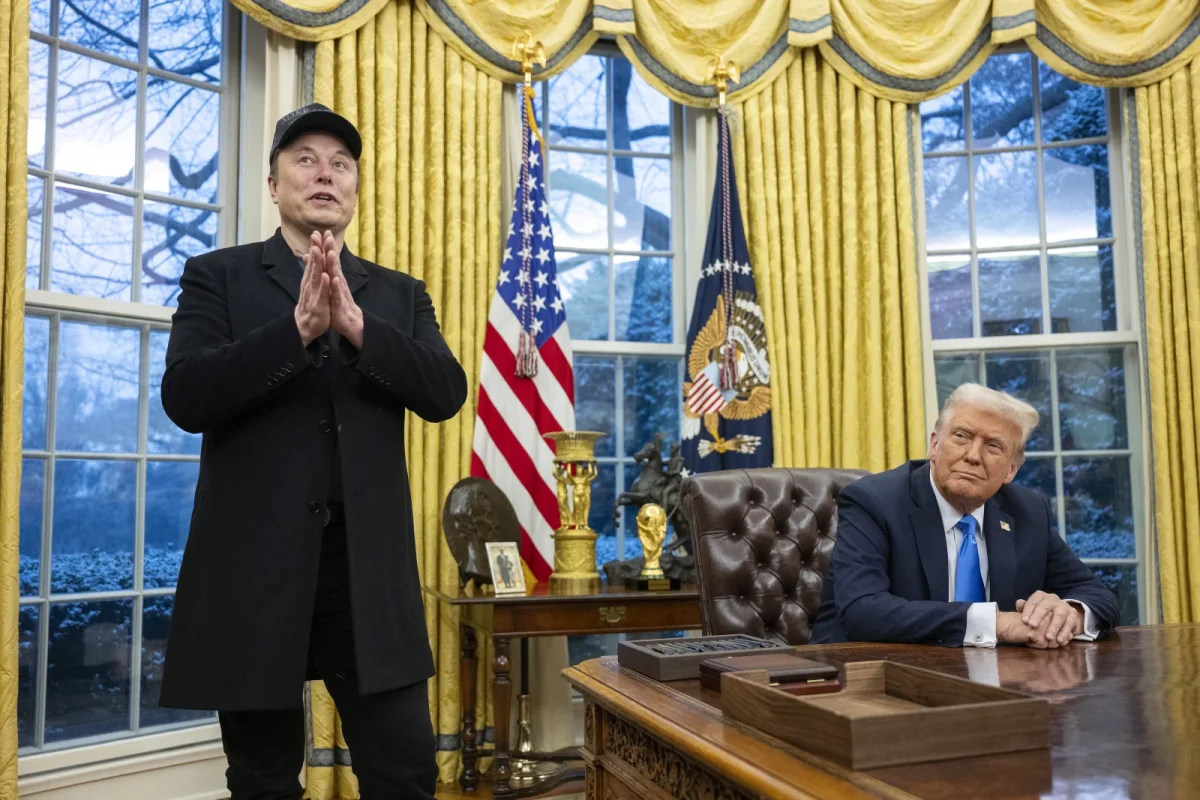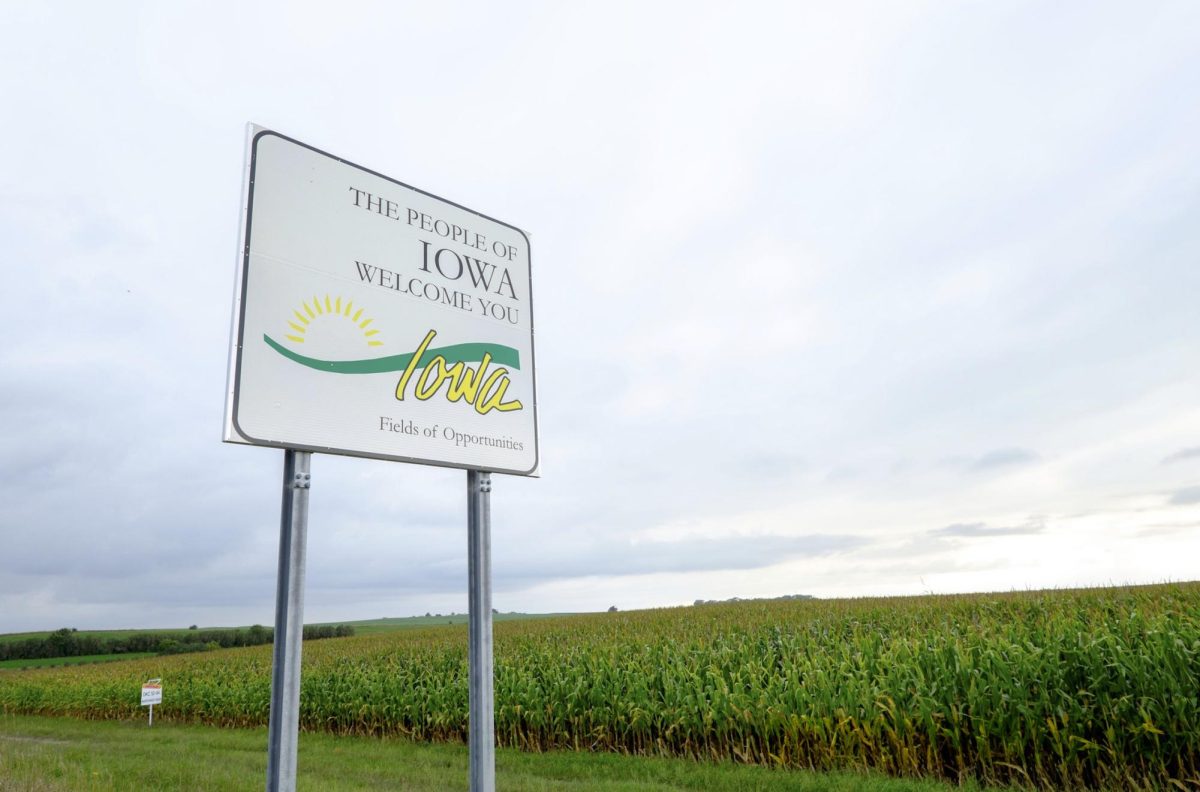The stories of Haitian migrants settling in the medium-sized town of Springfield, Ohio, have taken center stage only some 50 days from the general election. From TikTok jokes about eating pets, to viral tweets about the purported dangers of multiculturalism, little old Springfield, OH, has found itself at the center of a political storm.
Residents in what was previously an obscure town, embracing immigration as a point of revival after facing the woes of de-industrialization, now find themselves on the frontlines of the United State’s newfound political battle over immigration. Why? It is the story of an old playbook that seems to never atrophy. Politicians fanning the flames of division and playing on the fears of the masses.
Although I must admit, something is different this time. This new wave of anti-immigrant rhetoric is quite potent as it aptly combines the worst of the U.S.’s most fervent forms of otherization: xenophobia and anti-blackness. Through TV and social media, millions of Americans have watched and participated in the disparagement of a small Haitian migrant community. The predominant narrative coming from these platforms seeks to define these migrants with age-old caricatures, stereotypes and tropes. This new spike of hate has occurred alongside a very clear shift in political rhetoric on immigration from both major political parties.
As baseless political plots cause real harm to American communities, the silence of many Christians, including many of my fellow evangelicals, is reason for concern. This silence is quite interesting considering we praise a refugee who paid the ultimate price for all of us, Jesus. After Christ was born, he was forced to flee amidst the threat of King Herod. This isn’t just a story of a random biblical figure to which some hermeneutical methodology must be assembled to understand; no, this is Christ, the one who is surely deemed by most to be the essence of the faith.
Today I contend, Christ is no longer fleeing Herod. Christ is at our southern border, fleeing the violence and instability of Central America. Christ is in Springfield, OH, having fled the colonial-induced chaos of Haiti. Christ is in the Congo seeking temporary relief status because of civil war. Will we turn our backs on him? Will we stick to our U.S. first values?
To turn our backs on Christ in this moment is to put our fickle ideas of patriotism above what the spirit is so clearly calling for us to do. It seems that many at this present juncture have chosen a false sense of nation over the Kingdom of God.
Remember that temporal nations may have borders and citizenship, but God’s kingdom does not, for it belongs to all of his children. As Christians, when we allow our national identities to supersede our identity in Christ, we should call that sin, not patriotism.
In times like this, we as Christians must remember the core call of Christ, “to follow him and to love our neighbor as ourselves.” We must also remember that the opposite of love is not hate, but fear.
Fear is the primary emotion that allows a secondary emotion like hate to be brought about. As Christians, we find ourselves in a time of choosing: will we be led by fear or by the humble, loving and merciful example of Christ given to us in his own story?
It is time for us to declare that none of God’s children are illegal in his kingdom and each is worthy of a safe place to call home. God need not build walls when all who wish to enter the kingdom are his children; may we show a strong sense of synodality and choose to build a bridge instead. I pray that our brothers, sisters and companions in Christ need not present their papers, for God has already endowed them with the passport of humanity for whatever journey they make.
Love thy neighbor, he says… Love thy migrant neighbor. Love will heal the land and remind us that it indeed belongs to us all.









